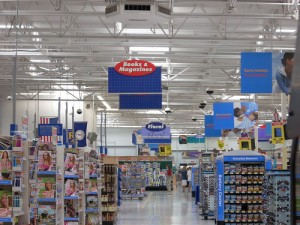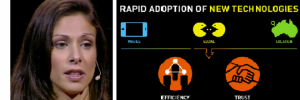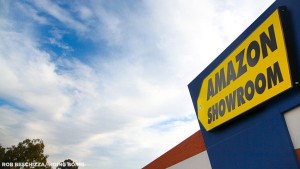When we think of the term ‘gamer’, most people tend to picture a slightly overweight white male with a headset and sweatpants playing a console for hours at a time.

This is not the case for Japan it seems. The Japanese continue to revolutionize the video game market by dominating a new market – the casual, touch-and-go lightweight gamer that plays on the subway right to work. This new market is almost entirely enabled by the smart phone – a consumer who plays in short segments for a limited amount of entertainment. What these games lack in depth is made up in convenience – free to start, these games make their money off of compulsive small purchases.
This new model is incredibly intriguing, and apparently incredibly dominate overseas with DeNA make more profits in their home country than video game giant Nintendo. What I find most interesting is that these games no longer require the investment of a console, they are entirely ran through browsers and smart phones. This enables adjustments, improvements, and expansions to be implemented without wait time of distribution, which ropes in consumers for a longer period of time.
While it may be embarrassing to say, the Angry Birds model may soon replace the World of Warcraft, Super Mario, or Halo franchises as the most successful video games.
http://www.economist.com/news/business/21566696-two-japanese-firms-are-challenging-world-new-kind-video-game-japan-fights-back




